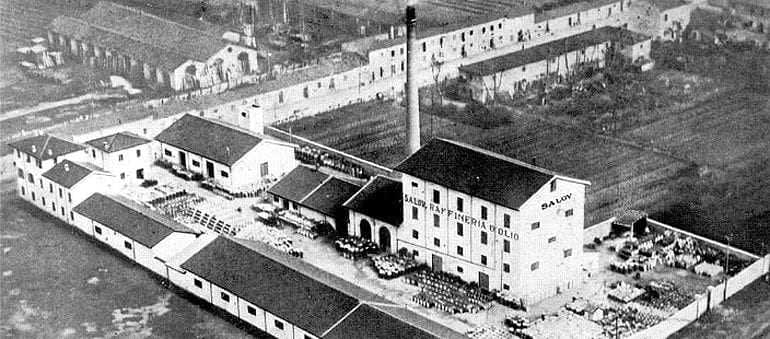
Last week, the Fontana family announced its plan to relinquish its majority stake in the company that produces Filippo Berio, among other leading olive oil brands, to Chinese super group, Bright Food. Although the family will retain a minority stake, Bright Food’s involvement signals a new era for the 95 year-old company.
These changes have not gone unnoticed by the industry, particularly Italy’s active association of farmers, Coldiretti. Though there were no outright protests, it was clear the news was not well received in every circle.
Il Giornale wrote “Anche l’olio toscano parlerà cinese.” Translated, the title said it all: “Even Tuscan oil will speak Chinese.” It was a thinly-veiled reference to the slow, but deliberate takeover of Italian brands by foreign groups. “Before, they were Spanish and French. Now it’s the Russians and the Chinese,” the farmers complained.
The other part of the story, the one that does not always get reported outside Italy’s press, is the tale of a deep recession, so widespread it has dramatically changed the way Italians live and do business.

David Granieri, president of Unaprol, argued that Italy could not afford to lose so many “family jewels.” He called the olive oil industry a “value chain to create wealth and jobs” within Italy. If the chain is broken, Italy will become poorer.
Coldiretti was quick to express its concerns about the Fontana family becoming minority stakeholders. They said the recession has led to an “escalation in ‘Made in Italy’ acquisitions.” They argue it is the big multinationals, who are fleeing from Italy, instead of investing in the “agro national.”
Salov isn’t the first olive oil group to be sold to a foreign buyer. The list is long: Carapelli, Parmalat and Buitoni, among others. Is this acquisition simply a sign that Salov has outgrown its European base or is it an important shift in ideology? For Italian farmers it is the latter.
The stakes are high. Aggressive expansion into new markets like India and China will require big changes in the way olive oil is sourced and produced in Italy. How Italians and traditionalists will react to these changes remains to be seen. Salov has promised to retain its strong heritage. For now, it seems the old adage applies, “When in Rome, do as Romans do.”




